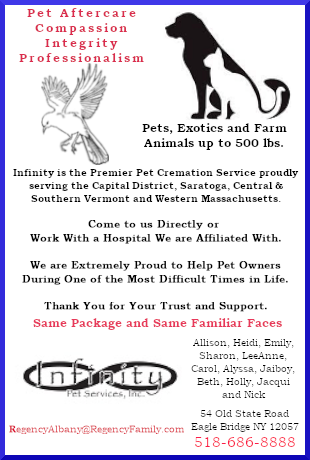-

Good Cage Accessories for Rats and Other Rodents
When you are looking for cage accessories and toys for pet rats and other rodents, it can be helpful to look in other departments of the pet store. I’ve bought a few things from the bird section of the pet store, including a wooden ladder and a hanging wooden toy with bells. I also got […]
-
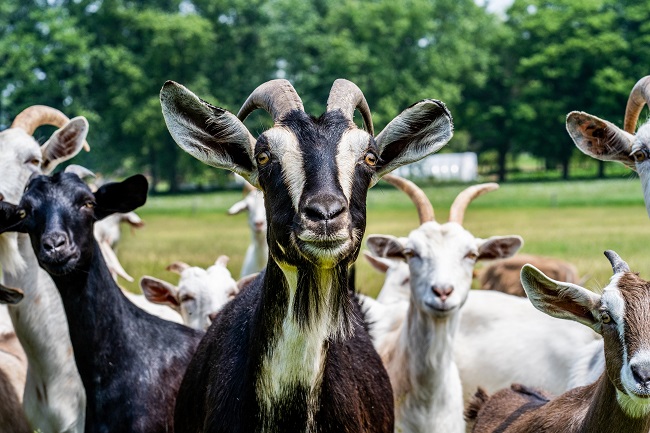
Proper Goat Herd Health Procedures for Breeding
The goal of any goat-herd health program should be to increase efficiency and productivity. Herd health programs should include general husbandry, nutrition, and parasite and vaccination programs. Your emphasis should be on disease prevention rather than treatment. There are three major approaches for disease control: #1 Keep resistance high. #2 Avoid exposure. #3 Recognize and […]
-
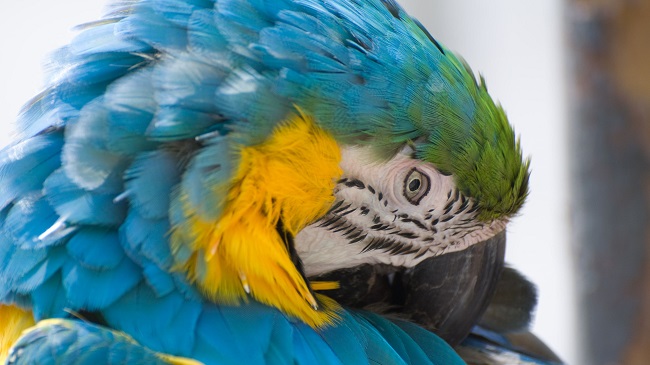
What to Do If Your Bird is Plucking Feathers
Birds pluck their feathers for several reasons. In the wild, they use plucked feathers to line their nests during breeding season. Many bird feathers also come out as a bird performs its normal preening and grooming routine. In captivity, however, a plucking bird can be a sign of veterinary or environmental problems. If you suspect […]
-

Brain Health is Part of Healthy Aging for Your Pet
More and more dogs and cats are living well into their elder years. This means that pets are more likely to suffer from a kind of dementia called cognitive dysfunction syndrome, or CDS. “CDS is a progressive disease of the brain in older dogs and cats,” says William Fortney, DVM, assistant professor at the College […]
-
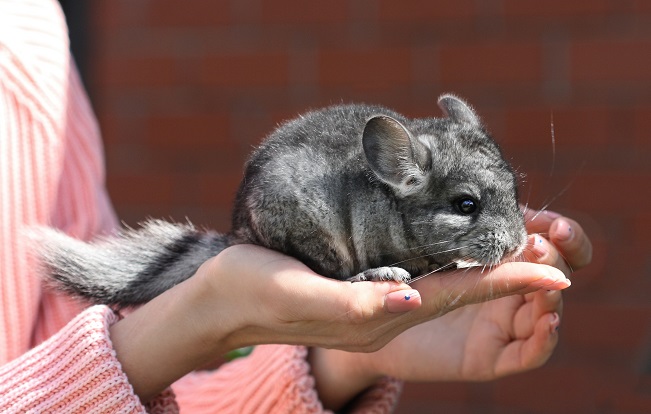
How to Properly Handle a Chinchilla
With a little patience (and bribery) you can get your chinchilla comfortable with handling. The first step is to simply give a new chinchilla time to adjust by keeping maintenance and interaction to a minimum. Move slowly and speak softly around your chinchilla. Limit interaction to the evening as that is when chinchillas are naturally […]
-
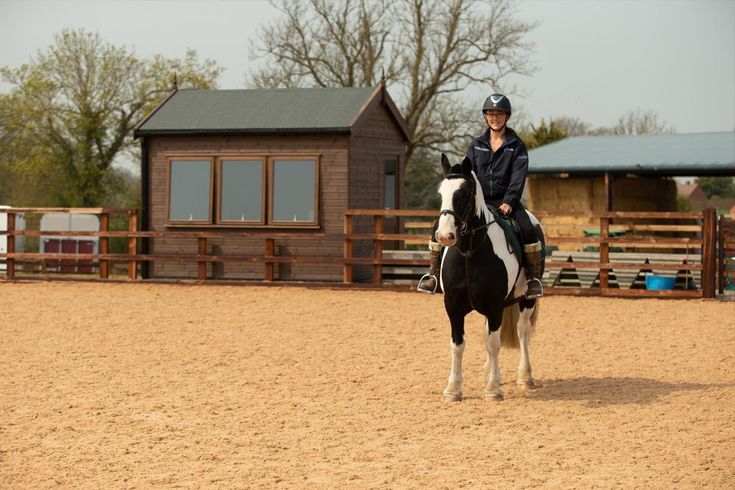
How to Train a Horse to Not Shy Away from Objects
It is not uncommon for a horse to become skeptical of elevated items close to them as most feel that they are vulnerable to attack from the side and at a distance from objects higher than they are, therefore, they will try to avoid the objects to protect themselves. This action is not about the […]
-
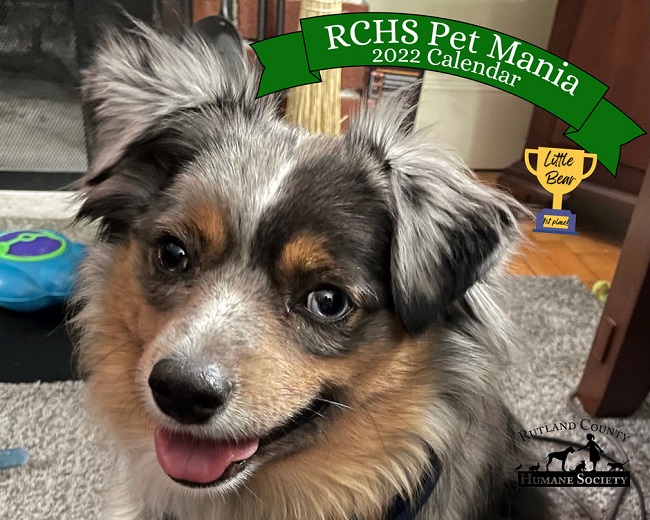
Rutland County Humane Society Pet Mania Photo Contest
The Rutland County Humane Society (RCHS) is holding an online pet photo contest, “Pet Mania,” from September 12 at 8:00am until September 26 at 7:00pm. For $5, you can submit up to five photos of your furry friends. Then, make sure to let your friends and family know it’s time to vote. It is $1 […]
-
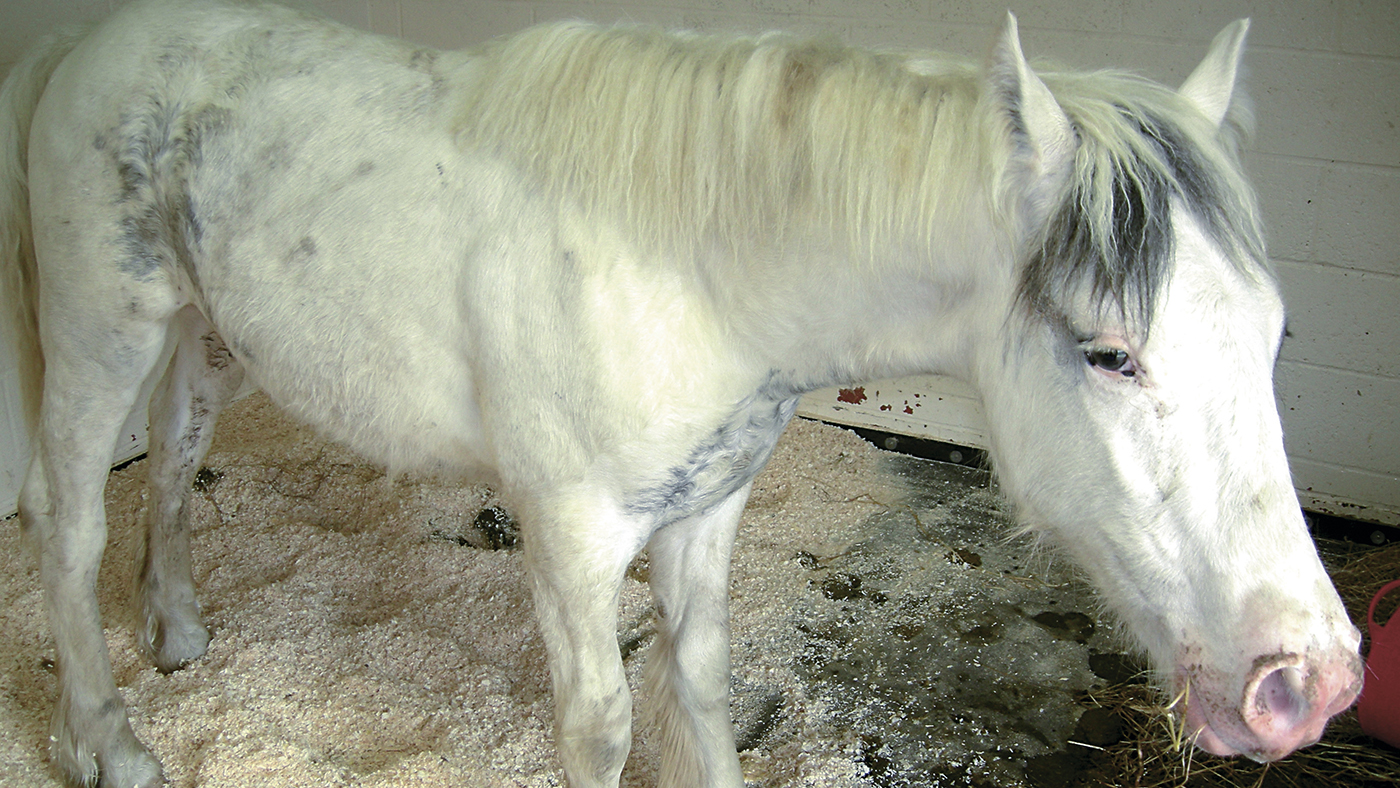
How to Identify and Treat Lock Jaw in Horses
Tetanus is a neuromuscular disease that causes paralysis, rigidity and, often, death in horses. Toxins released from the bacteria clostridium tetani cause this highly infectious disease. The bacteria have a spore form which allows it to survive for many years in the soil; therefore, horses are frequently exposed to this infective form of the bacteria. […]
-
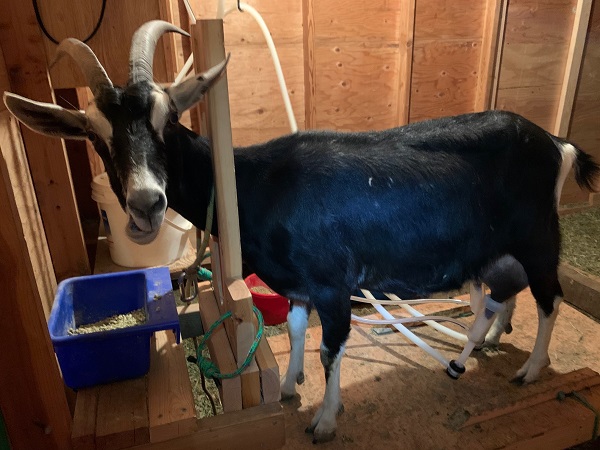
How Milk Secretion Differs in Goats and Cattle
The most obvious difference in anatomy is that there are only two teats on the goat udder vs. four on cow udders. Less obvious is the relatively larger inside volume of the teat and gland cysterns. That is why good goat udders look much more collapsed and emptier after milking than cow udders. The smaller, […]
-
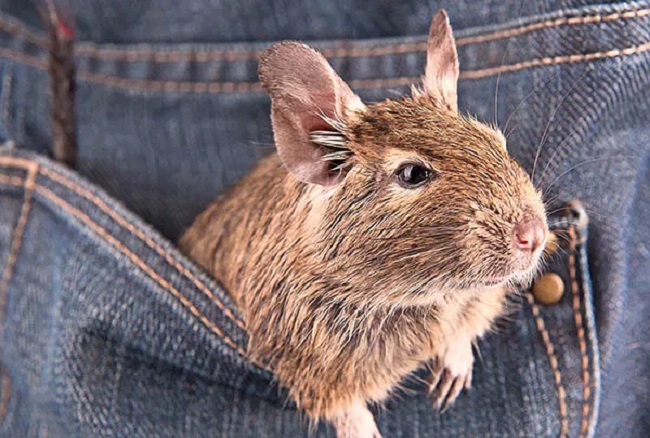
How to Treat Illness in a Pocket Pet
The most important signs of sickness in pocket pets are loss of appetite, difficulty breathing, diarrhea, and self-isolation, that is, separating themselves from the rest of your pet colony. If your gerbil, hamster, rat, or other pocket pet exhibits those symptoms, contact your local small mammal veterinarian and always consult with your veterinarian before you […]
